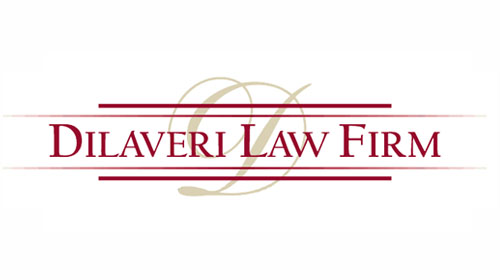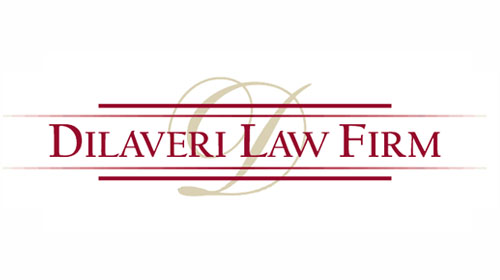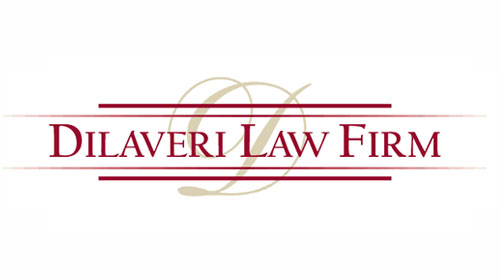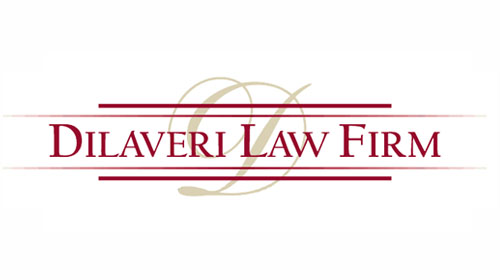Rochester Minnesota
Criminal Defense & DUI Attorney
How Can We Help You
Rochester Minnesota Assault Lawyer
Assault Attorney Minnesota
Minnesota statutes define assault as:
- an act done with intent to cause fear in another of immediate bodily harm or death; or
- the intentional infliction of, or attempt to inflict, bodily harm upon another.
Minnesota Assault Laws are divided into six main categories depending on the severity of the offense. In addition, there is a civil proceeding, Domestic Abuse Order for Protection, which is closely related to assault crimes.
Order for Protection
Domestic Abuse Order for Protection (OFP) is a civil proceeding. As such, there is no threat of jail or a fine, but the burden of proof is also far lower - preponderance of the evidence as opposed to proof beyond a reasonable doubt. Abuse under the OFP statute is defined as:
- physical harm, bodily injury, or assault;
- the infliction of fear of imminent physical harm, bodily injury, or assault; or
- terroristic threats.
It is very important to have a lawyer who also has extensive experience in the area of family law represent you in these proceedings as it can substantially impact custody, support and maintenance. Often OFP hearings run parallel to a criminal domestic assault charge and pleading guilty to the criminal domestic assault charge, means, for practical purposes, not being able to present a defense on the OFP.
Domestic Assault
Pursuant to the statutes of the State of Minnesota, Domestic Assault requires the following:
- an act with intent to cause fear in another of immediate bodily harm or death; or
- intentionally inflicting or attempting to inflict bodily harm upon a family or household member.
A first offense is a misdemeanor, a second within 10 years of the first offense is a gross misdemeanor, and a third within 10 years of the first offense is a felony.
Another crime that falls into the category of Domestic Assault is Domestic Assault by Strangulation which, as of 2005, is a felony without the enhancement of prior similar offenses.
Assault in the Fifth Degreee
Pursuant to the statutes of the State of Minnesota, Assault in the Fifth Degree requires the following:
- an act with intent to cause fear in another of immediate bodily harm or death; or
- intentionally inflicting or attempting to inflict bodily harm upon another.
The statute is almost identical to the Domestic Assault Statute, except that the assault does not have to be against a family member. A first offense is, again, a misdemeanor. The offense is a gross misdemeanor if committed against the same person within 10 years of a prior assault, or if committed within 3 years of a domestic assault conviction. It becomes a felony if it is the third assault against the same person within 10 years, or if it is committed within 3 years of the first of two or more domestic assault convictions.
Domestic Assault and Assault in the Fifth Degree are the most commonly charged assault offenses. For first-time offenders, the typical reaction is to plead guilty and “get it over with”. However, before doing so, keep in mind that the collateral consequences can be significant. An assault conviction will significantly reduce your employment opportunities. Most service industries or places where you would be in contact with patients will simply not hire anyone with an assault conviction. Some landlords may not allow you to rent from them. Before you decide to plead guilty talk to an experienced defense attorney(LINK). There are defenses that can be raised in your case. Sometimes victims recant their stories. Sometimes prosecutors are unable to locate witnesses. Do not jeopardize your future simply to plead guilty and move on. Call me! Your initial consultation is always free.
Also keep in mind that there are gun rights considerations that need to be addressed when deciding whether to plead guilty to domestic or fifth degree assault. Here’s a thorough discussion of them.
Assault in the Fourth Degree
Fourth degree assault is defined as assault against police, firefighters, some DNR employees, correctional facility employees, and probation officers. Assaulting a police officer may also result in an assault charge if that officer is effecting a lawful arrest or executing any other duty imposed by law. A fourth degree assault is a gross misdemeanor with possible penalties of one year in jail and a fine of not more than $3,000. If the assault inflicts demonstrable bodily harm, the person is guilty of a felony and may be sentenced to imprisonment for not more than three years, to payment of a fine of not more than $6,000, or both. If the assault is against firefighters and emergency medical personnel during the performance of their duties and demonstrable bodily harm is caused, then it is a felony with up to two years in prison and a fine of not more than $4,000. Lastly, a fifth degree assault can be raised to a fourth degree if committed because of race, color, religion, sex or national origin.
Assault in the Third Degree
Third degree assault is an assault upon another inflicting substantial bodily. It is also an assault upon a minor if there is history of child abuse, or an assault upon a minor under 4 years old without the need for prior history. The sentence for such an offense is imprisonment for not more than five years and payment of a fine of not more than $10,000.
Assault in the Second Degree
Second degree assault involves the use of a dangerous weapon as part of the offense. A person accused of a second degree assault may face up to seven years in prison and a fine of not more than $14,000. If a person uses a dangerous weapon and inflicts substantial bodily harm, the potential penalties are increased to not more than ten years in prison and to payment of a fine of not more than $20,000.
Assault in the First Degree
First degree assault is charged when great bodily harm is inflicted or if an assault with deadly force is committed against a peace officer. The sentence for a first degree offense is imprisonment for not more than 20 years and payment of a fine of not more than $30,000.
Contact Us Today For a Free Consultation
Being charged with assault can have significant consequences on your liberties and your future. Do not agree to what the prosecutors are offering you without calling us and understanding all the collateral issues that you may be faced with. We always offer free initial consultations to our clients. Call 507.206.6020 or complete our free case evaluation form.











